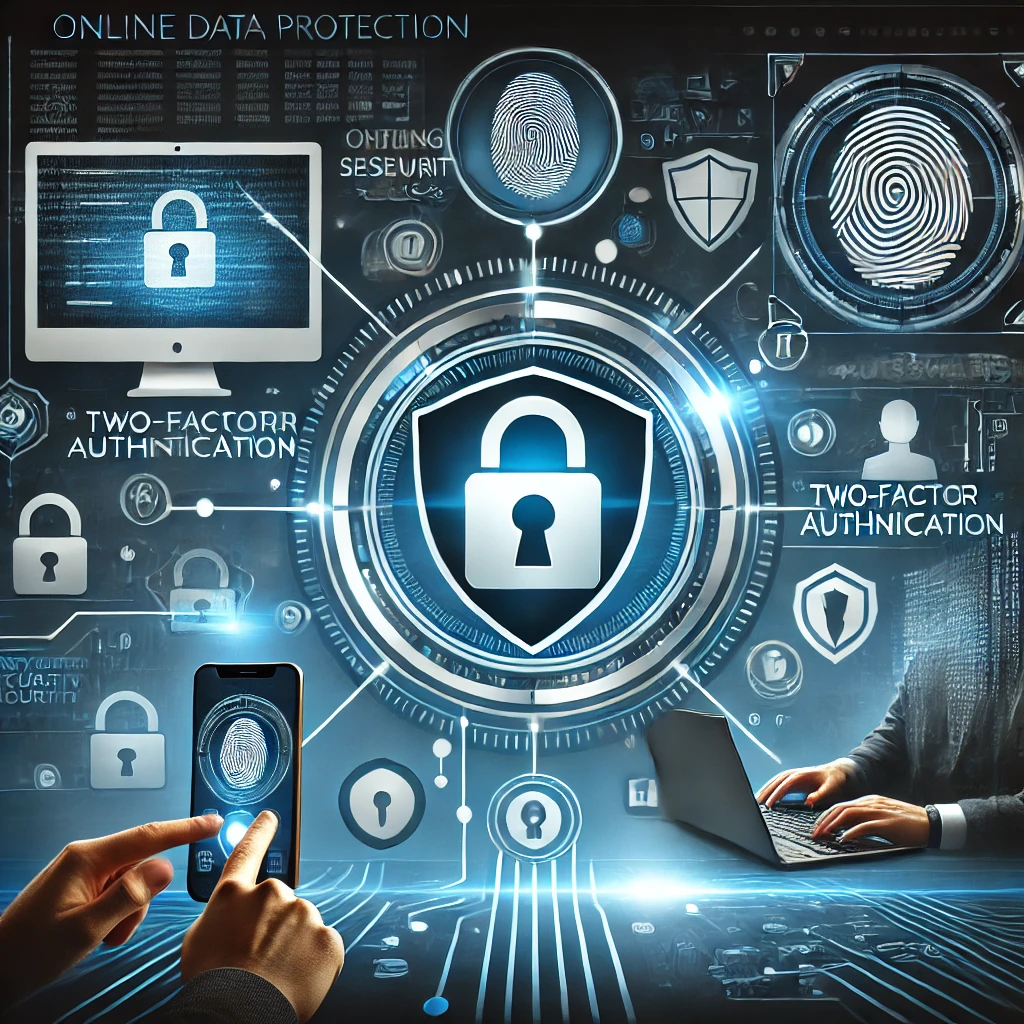
Ways to Protect Personal Data Online: Essential Tips You Need to Know
Introduction: Why Protecting Your Data Online Matters
In today's fast-paced digital world, our personal data is constantly under threat. From hackers looking to steal sensitive information to companies tracking your every move, the online world can feel like a minefield. So, how can you protect yourself? It's simpler than you might think. In this article, we’ll explore essential tips to safeguard your data and maintain privacy. Stick with us; it's time to take control!
1. Use Strong and Unique Passwords
One of the most basic yet crucial ways to protect your personal data online is by using strong, unique passwords. Forget using "123456" or your pet’s name; think of passwords as the locks on your doors. The stronger, the safer!
How to Create a Strong Password
- Use a combination of upper and lowercase letters, numbers, and special characters.
- Avoid using common words or phrases.
- Make your password at least 12 characters long.
Consider a Password Manager
If you're overwhelmed by remembering so many passwords, password managers are a game-changer. They store and generate secure passwords for you. It's like having your personal vault for passwords!
2. Enable Two-Factor Authentication (2FA)
Think of two-factor authentication (2FA) as a second lock on your door. Even if someone steals your password, they won’t get in without the second factor. Whether it's a text message or an authentication app, 2FA adds an extra layer of security to your online accounts.
3. Use a Virtual Private Network (VPN)
Using a VPN is like having an invisibility cloak for your internet traffic. It encrypts your online activity and hides your IP address, making it difficult for anyone to track your digital footprint. If you're accessing public Wi-Fi (think coffee shops or airports), a VPN is an absolute must.
Beginner's Guide to Using VPNs
If you’re new to VPNs, don’t worry—it’s not as complicated as it sounds. All you need to do is download a reputable VPN app, choose a server location, and start browsing safely. It's like switching your digital identity on the go!
4. Keep Your Software Updated
Software updates might seem like a hassle, but they often include critical security patches. Hackers love finding vulnerabilities in outdated software. So, keep your apps, operating systems, and antivirus programs up to date to ensure you're protected against the latest threats.
5. Secure Your Smartphone with Tips and Apps
Your smartphone is basically a mini-computer that holds tons of personal information. So, it’s crucial to secure it with a password, PIN, or biometric recognition. Don’t let a misplaced phone become an easy target for data thieves!
Tips to Secure Your Smartphone
- Set up a screen lock or facial recognition.
- Enable remote wipe features to erase data if your phone is lost or stolen.
- Install security apps that track malicious behavior.
6. Avoid Phishing Scams
Phishing is one of the most common ways that cybercriminals steal personal data. They disguise themselves as legitimate companies and trick you into giving out sensitive information. So, always be cautious when clicking on links in emails or texts.
How to Spot a Phishing Email
- Look for spelling mistakes or poor grammar.
- Check the sender’s email address—if it's suspicious, don’t click.
- Don't open attachments from unknown sources.
7. Use Secure Websites and Browser Extensions
Before you enter personal data on a website, check for the "https" prefix and the padlock icon in the address bar. This means the website is secure and encrypts your data during transactions. Using secure websites is essential when shopping online or entering sensitive information.
Best Chrome Extensions for Students
If you’re a student, certain browser extensions can help protect your data. Extensions like HTTPS Everywhere and Privacy Badger make sure your browsing is safe and secure. Think of them as your digital bodyguards!
8. Be Careful with Public Wi-Fi
Public Wi-Fi is convenient, but it’s also a hacker’s playground. If you absolutely need to use public Wi-Fi, avoid logging into sensitive accounts or making purchases. If you're using a VPN, it’s less risky, but always be cautious.
9. Encrypt Your Devices
Encrypting your device is like putting your personal information in a locked safe. It makes it harder for anyone to access your data if your device gets lost or stolen. Most modern devices, like smartphones and laptops, offer built-in encryption options, so don’t skip this step!
10. Backup Your Data Regularly
Even the best protection can fail at times. That’s why regular backups are so important. Whether it's to an external hard drive or cloud storage, keep copies of your important data. It’s like having a safety net for your digital life.
Conclusion: Stay Safe and In Control
Protecting your personal data online is crucial, but it doesn’t have to be overwhelming. By following these simple steps, such as using strong passwords, enabling 2FA, and securing your devices, you can minimize the risk of falling victim to cyber threats. Remember, your data is valuable—take the necessary steps to safeguard it today!